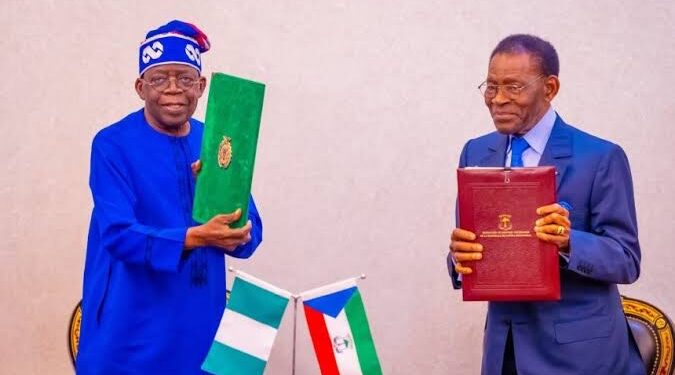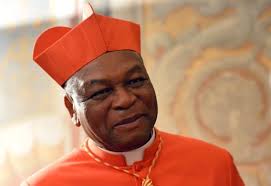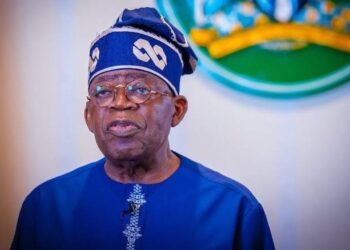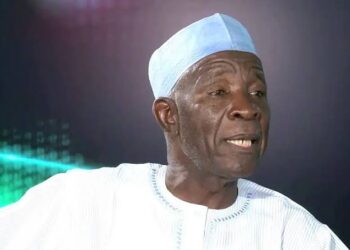Nigeria and Equatorial Guinea have expressed their commitment to deepening economic cooperation to advance their mutual interests. This announcement was made in a joint statement released on Friday, signed by Nigeria’s Minister of Foreign Affairs, Yusuf Tuggar, and his Equatorial Guinean counterpart, Simeon Angue.
The statement follows President Bola Tinubu’s recent State Visit to Equatorial Guinea, which took place from August 14 to 16. The visit was made at the invitation of President Obiang Mbasogo, and it was aimed at strengthening the already strong and friendly relations between the two nations. President Tinubu led a high-level Nigerian delegation during this visit, marking a significant effort to enhance bilateral and multilateral ties.
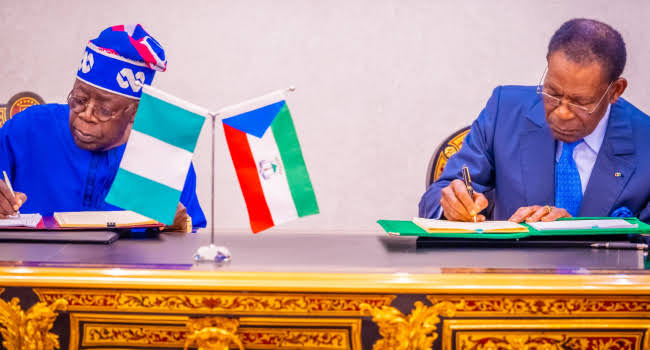
During their discussions, President Tinubu and President Mbasogo explored various areas of cooperation. They focused on economic growth, security, and stability within Africa. Both leaders expressed their strong commitment to fostering closer ties to boost economic development and ensure mutual benefits for both countries. They recognized the importance of their partnership in achieving these goals.
A major highlight of the visit was the signing of a bilateral agreement concerning the construction and operation of the Gulf of Guinea Pipeline. This pipeline is expected to facilitate the trade of natural gas between Nigeria, Equatorial Guinea, and international markets. The agreement aims to advance the development of gas resources, promote industrialization, and enhance energy security for both nations.
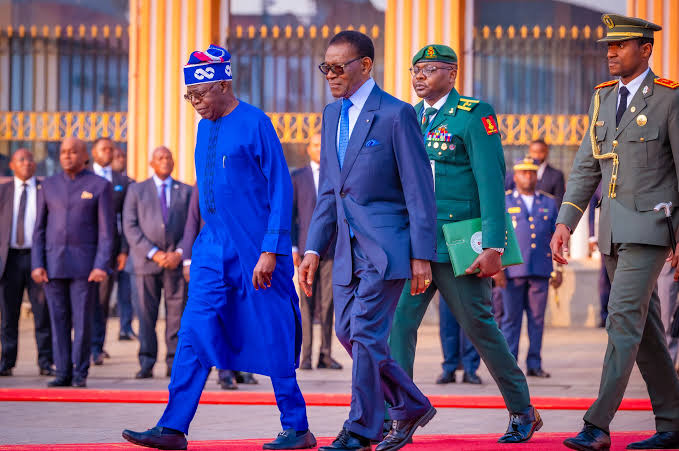
Following the signing, both delegations committed to convening the Sixth Joint Cooperation Commission as soon as possible. This will help facilitate the signing of additional bilateral agreements and monitor the progress of those already in place.
Additionally, the two presidents pledged to support the initiatives of the Economic Community of West African States (ECOWAS), particularly under the chairmanship of President Tinubu. They are focused on uniting and strengthening the sub-regional bloc to better address common challenges.
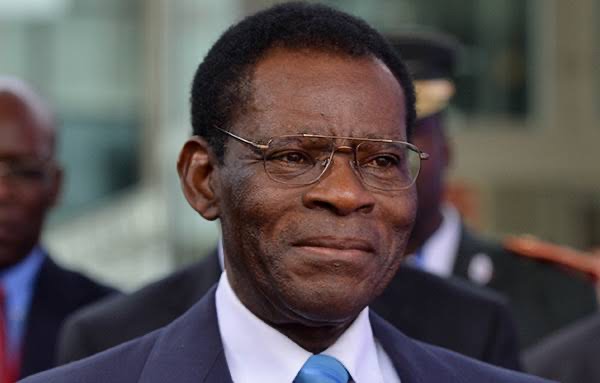
The statement also addressed broader regional issues. Presidents Tinubu and Mbasogo expressed concern about the ongoing insecurity, instability, and emerging crises across Africa. They reaffirmed their commitment to enhancing mechanisms to prevent foreign interference in African affairs. Both leaders condemned terrorism and piracy, agreeing to work closely together to tackle these threats.
They pledged to explore initiatives proposed by the Gulf of Guinea Commission member states to improve maritime security and coordination. They also reiterated their commitment to the Malabo Declaration on Terrorism and Unconstitutional Changes of Government in Africa, and the Abuja Process for regional counter-terrorism strategies.
Furthermore, the presidents expressed their support for the UN 2030 Agenda and the African Union’s Agenda 2063. They also reiterated their call for an African Permanent Seat on the UN Security Council. Both leaders emphasized their willingness to support initiatives that aim to prevent conflicts and resolve disputes peacefully, underscoring their dedication to advancing regional and global peace and stability.


